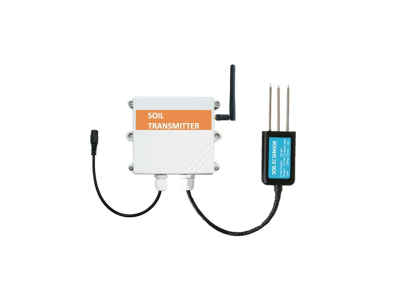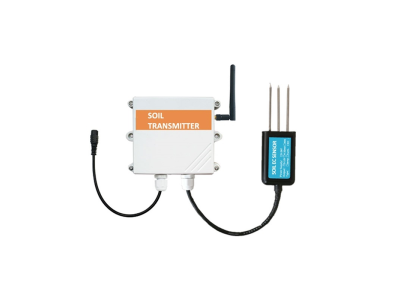Agriculture plays a vital role in sustaining our planet's growing population. However, traditional farming practices often lead to inefficient resource utilization, environmental degradation, and decreased productivity. In recent years, soil sensor innovations have proven to be a revolutionary technology in optimizing agricultural practices. This article will explore how soil sensors are transforming the way we cultivate crops, enhance sustainability, and nurture the Earth.
Understanding Soil Health:
To optimize agriculture, it is essential to have a deep understanding of soil health. Soil sensors provide accurate and real-time data on various parameters such as moisture content, temperature, nutrient levels, and pH balance. This information enables farmers to make informed decisions regarding irrigation, fertilization, and crop selection. By monitoring soil conditions closely, farmers can adjust their practices accordingly, minimizing resource waste and maximizing yields.
Precise Irrigation Management:
Water scarcity is a significant challenge faced by many agricultural regions worldwide. Traditional irrigation methods often result in excessive water usage, leading to waterlogging, leaching of nutrients, and soil erosion. Soil sensors offer an effective solution by providing precise information about soil moisture levels. This data helps farmers determine when and how much water to apply, ensuring that crops receive the ideal amount of hydration. By implementing smart irrigation systems based on soil sensor data, farmers conserve water resources while maintaining optimal crop health.

Nutrient Optimization:
Maintaining adequate nutrient levels in the soil is crucial for plant growth and productivity. Soil sensors help farmers optimize nutrient management by monitoring the availability of major elements like nitrogen, phosphorus, and potassium. By analyzing the real-time nutrient data, farmers can adjust fertilizer applications precisely, avoiding overuse or underutilization. This precision leads to improved crop health, minimized environmental pollution, and cost savings for farmers.
Disease and Pest Management:
Soil sensors not only aid in monitoring soil conditions but also contribute to disease and pest management. These sensors can detect early signs of plant stress, fungal infections, or insect infestations by analyzing changes in soil moisture, temperature, and other relevant factors. Timely detection through soil sensors allows farmers to take immediate action and implement targeted pest control measures, minimizing the need for broad-spectrum pesticides. By reducing chemical usage, soil sensor innovations promote environmentally friendly farming practices and preserve ecosystem balance.
Enhancing Sustainability:
The integration of soil sensors in agriculture enhances sustainability on multiple fronts. Firstly, precise irrigation and nutrient management reduce water consumption and limit the release of excess fertilizers into water bodies, mitigating water pollution. Secondly, by optimizing crop growth and minimizing resource waste, soil sensors contribute to increased productivity per unit of land, reducing the need for land expansion and potential deforestation. Lastly, efficient disease and pest management practices ensure a healthier ecosystem, preserving biodiversity and beneficial organisms.
Conclusion:
Soil sensor innovations have revolutionized modern agriculture, offering immense potential for optimizing agricultural practices, enhancing productivity, and nurturing the Earth. With real-time data on soil conditions, farmers can make informed decisions regarding irrigation, nutrient management, and pest control. By utilizing these technologies, we can cultivate crops more efficiently, conserve water resources, minimize environmental impact, and ensure sustainable food production for future generations. Embracing soil sensor innovations is a significant step towards nurturing the Earth and building a resilient agricultural system.






